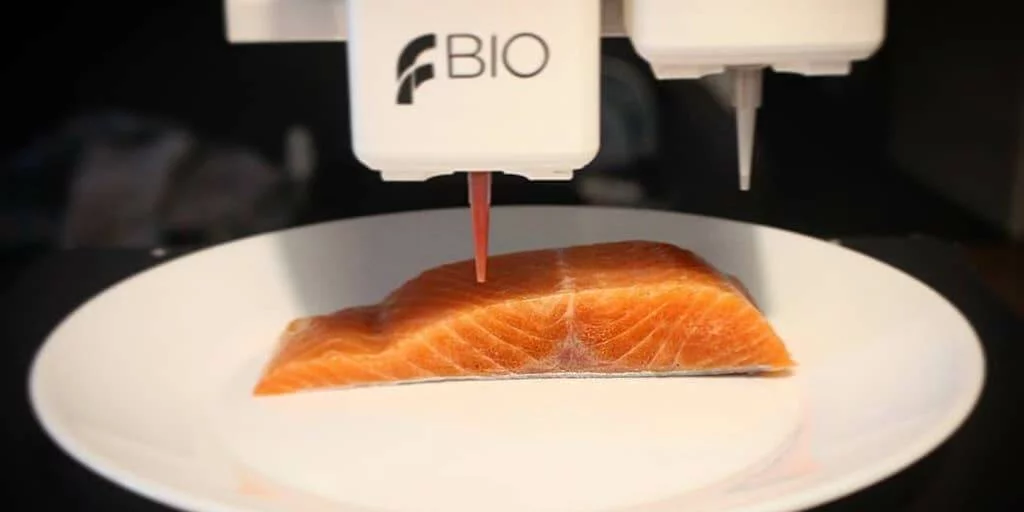A recent Good Food Institute report highlights the potential of under-utilized agricultural byproducts to sustainably scale up production of alternative proteins.
Based on North American research, the findings are also applicable to Europe, offering insights into how farmers and ingredients producers can leverage sidestreams from barley, maize, wheat, and rapeseed / canola. The report describes how agricultural sidestreams which would normally go to waste can be valorized by the plant-based, cultivated meat and fermentation sectors.

Byproducts can be utilized in several ways to create a circular economy that can help produce food more efficiently, affordably, and sustainably:
- Byproducts from rapeseed / canola oil extraction can be used to produce protein concentrates, adding texture and nutritional properties to plant-based meat,
- Byproducts from the maize milling process can be used in the nutrient-rich broth needed to help cells grow and commercialize cultivated meat.
- Spent brewers’ grain can be used as a sustainable feed source to develop fermentation-made food.
In terms of the latter, this process already is being used in a collaboration between Germany’s Mushlabs and Bitburger Brewery Group. Others utilising spent barley in the industry include EverPro; sports nutrition brand FȲTA, founded by James Wilks, who produced and starred in the critically acclaimed documentary The Game Changers; beer producer Coors which entered the alt dairy category with Golden Wing Barley Milk using upcycled barley and shiitake mushroom extract; brewbee which uses byproducts of traditional beer brewing into snacks and meat alternatives; and revyve, which upcycles spent brewer’s yeast into low carbon footprint proteins and fibers for foods.

Dr Stella Child, research and grants manager at the Good Food Institute Europe, comments: “This important report outlines how the economic potential of these byproducts remains untapped, how farmers could benefit from the rapidly growing global alternative protein industry, and the opportunity for food producers to play a major role in the circular economy.
“As converting these resources into sustainable food production is one of the most efficient ways to return them to the supply chain, governments should invest in the research and infrastructure needed to enable this on a large scale.”
To learn more, register for the related GFI webinar at 6pm CEST on Tuesday 24 October.
** Click here to read the full-text **








